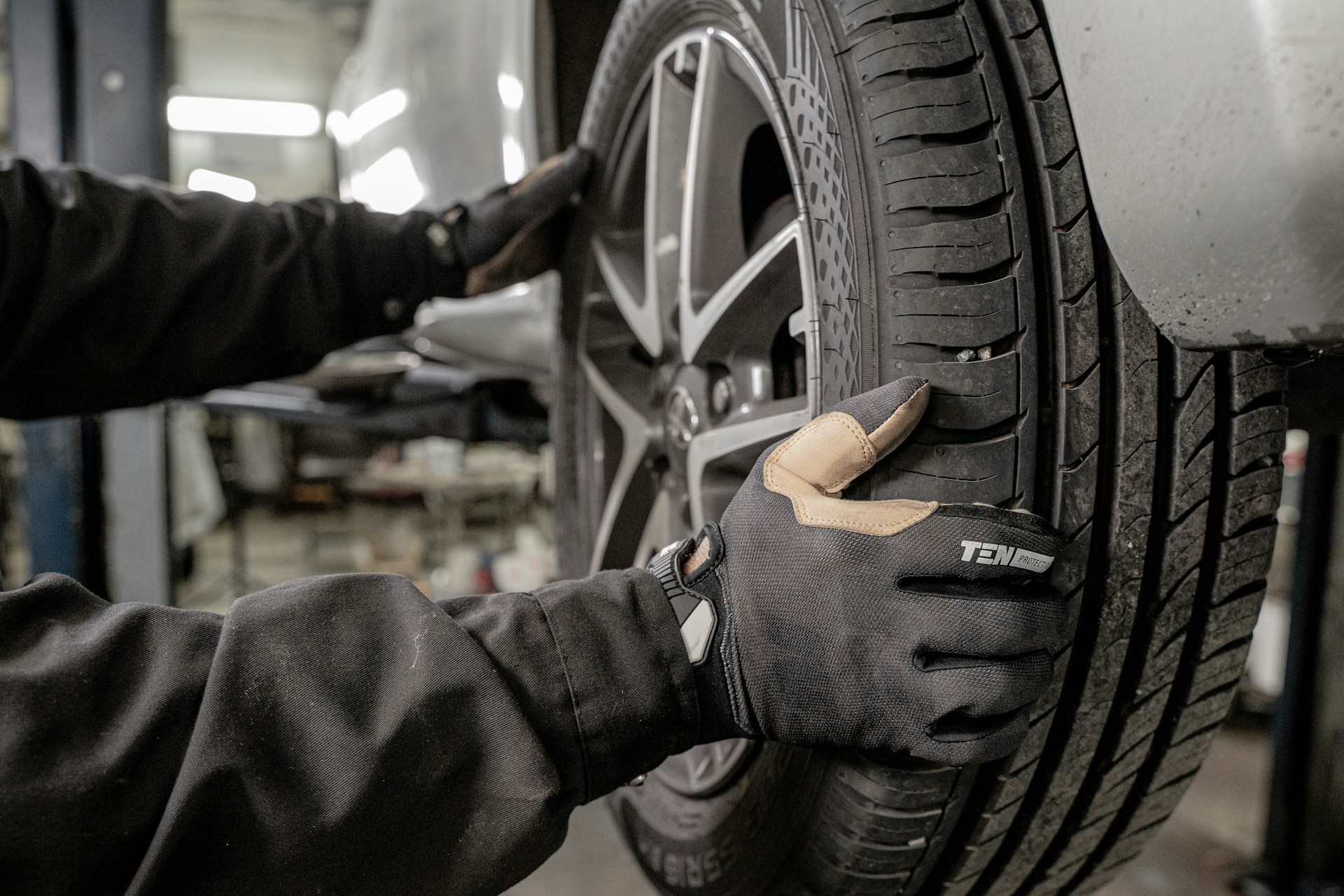An automotive technician is a skilled professional who diagnoses, repairs, and maintains vehicles. They use advanced diagnostic equipment to pinpoint issues in various vehicle systems like engines, transmissions, brakes, and electronics. Beyond just fixing problems, they ensure cars run smoothly and safely on the road.
As technology evolves, technicians need to continuously update their skills to stay current.
Navigating the fast-paced world of automotive technology requires more than a basic toolkit. With cars becoming more sophisticated, future technicians need to adapt swiftly.
So, let’s explore five survival tips tailored for future automotive technicians.
1. Embrace Diagnostic Software Skills
In the automotive industry, technology isn’t just under the hood. Modern vehicles rely heavily on computer systems, so mastering diagnostic software is crucial for technicians who want to be successful in the future.
Explore both manufacturers’ proprietary software and third-party platforms offering comprehensive diagnostics across different brands. Investing time to understand these programs helps you efficiently troubleshoot problems without guesswork.
Consider how unique electric vehicle systems require specific diagnostic approaches compared to traditional gas engines. Staying updated ensures you’re ready for whatever drives into your garage next, equipped with precision and confidence in tackling any challenge that arises.
2. Cultivate Skills in Hybrid and Electric Vehicle Repair
The global drive toward sustainability is reshaping the automotive landscape. Governments worldwide are advocating for greener technologies, influencing a shift from traditional internal combustion engines to electric solutions. This change introduces new electronic components that every mechanic must understand.
As these innovations become standard, mechanics who grasp hybrid and electric vehicle repair will stand out.
New systems mean more intricate electronics demanding specific skills. Learning how these parts function can boost your ability to adapt.
Pursuing a degree in automotive technology can prepare you for the future by equipping you with essential knowledge of emerging systems.
3. Develop Proficiency in Advanced Safety Systems
With vehicles getting smarter, advanced safety systems like collision detection, lane-keeping assistance, and adaptive cruise control are now standard features. Technicians who understand these technologies gain a significant competitive edge.
Think of these systems as the brain that protects the vehicle on the road – being adept with them is crucial.
Start by familiarizing yourself with how sensors and cameras work together to enhance driver safety. Training programs often cover calibration techniques for such components, ensuring they’re properly aligned and functioning.
As more cars incorporate AI-driven features, proficiency in maintaining these systems will become invaluable. Staying updated allows you to ensure these critical features operate flawlessly and keep drivers safe on every journey.
4. Leverage Virtual Reality for Training and Simulations
Virtual reality is transforming how automotive technicians train. It offers immersive experiences that replicate real-world scenarios without the risks associated with hands-on practice.
Imagine VR as a virtual workshop where you can hone your skills in a controlled environment.
By using VR simulations, you gain familiarity with complex vehicle systems, from intricate engine components to advanced electronics, all while minimizing mistakes. These platforms allow technicians to practice procedures repeatedly until mastery is achieved.
As more workshops integrate this technology into their training programs, you’ll find opportunities to refine techniques efficiently.
Embracing VR not only enhances learning but also prepares you for diverse challenges on the job with increased confidence and competence.
5. Stay Ahead with Continuous Education
In the ever-evolving automotive world, staying informed is crucial. Keeping up with the latest trends requires a commitment to continuous education. Think of it as regularly upgrading your skills – essential for maintaining their relevance.
Explore online resources like industry forums, webinars, and instructional videos that focus on new technologies and repair techniques. These tools offer fresh insights into emerging innovations and industry shifts.
And dive into hands-on experiences whenever possible to apply theoretical knowledge practically, boosting your confidence with complex systems.
Embracing lifelong learning ensures you’re well-prepared to handle any new technology that rolls into your shop, solidifying your reputation as an adaptable expert in the field.
The Takeaway
Navigating the future as an automotive technician requires adaptability, continuous learning, and embracing new technologies.
By mastering diagnostic tools, staying updated on industry trends, and honing specialized skills like VR training, you’ll be equipped to thrive in this dynamic field.
So, embrace these tips to steer your career toward lasting success.

